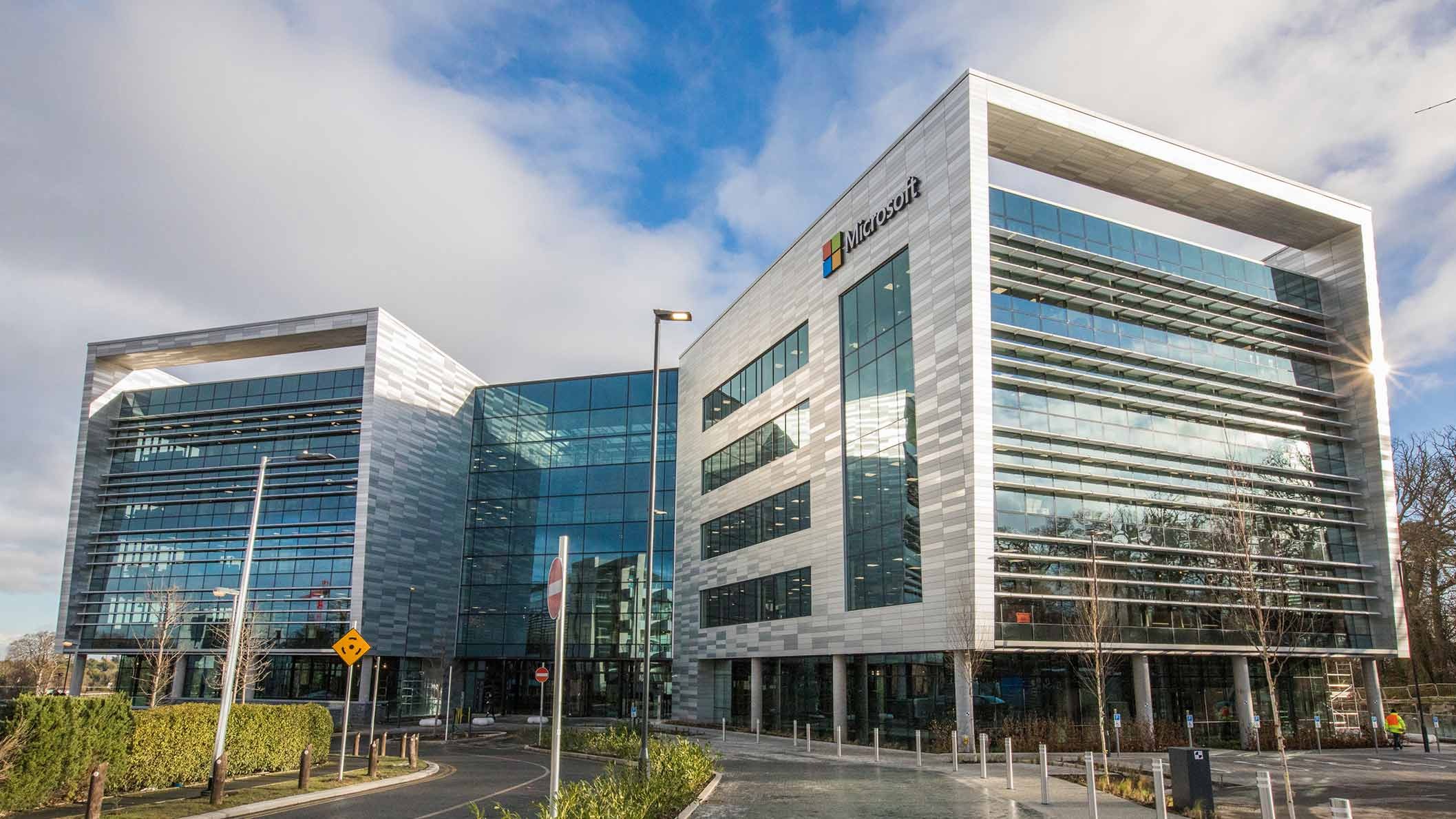The UK's Competition and Markets Authority (CMA) has initiated a formal investigation into Microsoft's recent hiring of former Inflection AI employees and its partnership with the startup, the regulator announced on Tuesday.
This move comes as part of increased global scrutiny of potential anti-competitive behaviour in the artificial intelligence industry over the past 18 months. Microsoft's various deals with smaller AI startups have faced mounting examination from regulators worldwide.
In March, the tech giant appointed Mustafa Suleyman, co-founder of Google DeepMind, as head of its newly-created AI unit. The company also hired several employees from Inflection, which Suleyman established in 2022. Reuters reported that Microsoft had agreed to pay Inflection approximately $650 million as part of the deal, granting access to Inflection's AI models and allowing the startup to reimburse its investors.
A Microsoft spokesperson responded to the CMA's investigation, stating: "We are confident that the hiring of talent promotes competition and should not be treated as a merger. We will provide the UK Competition and Markets Authority with the information it needs to complete its enquiries expeditiously."
The CMA has set a deadline of 11 September to decide whether to refer the deal for a more in-depth investigation. This inquiry is part of a broader examination of AI partnerships, with the regulator also seeking views on collaborations between Amazon and Anthropic.
Microsoft has already faced questions regarding its partnerships with leading AI startups such as OpenAI and France's Mistral AI. In a move aimed at alleviating concerns from US and British antitrust regulators about the extent of its control over OpenAI, Microsoft recently relinquished its board observer seat at the company.
The CMA's investigation will assess whether Microsoft's hiring of former Inflection employees and associated arrangements have resulted in the creation of a relevant merger situation under the Enterprise Act 2002. If so, the regulator will determine whether this has led, or may lead, to a substantial lessening of competition within any UK market.
Latest News
-
The top technology trends to expect in 2026
-
The most read National Technology News stories of 2025
-
Lyft and Uber sign deals with Baidu for robotaxi trial in London
-
Nextdoor launches AI-driven self-serve ads platform for small businesses
-
Italy's antitrust fines Apple €98.6m over alleged App Store dominance
-
Visa partners with UAE real estate firm to launch voice-enabled agentic commerce payments
The future-ready CFO: Driving strategic growth and innovation
This National Technology News webinar sponsored by Sage will explore how CFOs can leverage their unique blend of financial acumen, technological savvy, and strategic mindset to foster cross-functional collaboration and shape overall company direction. Attendees will gain insights into breaking down operational silos, aligning goals across departments like IT, operations, HR, and marketing, and utilising technology to enable real-time data sharing and visibility.
The corporate roadmap to payment excellence: Keeping pace with emerging trends to maximise growth opportunities
In today's rapidly evolving finance and accounting landscape, one of the biggest challenges organisations face is attracting and retaining top talent. As automation and AI revolutionise the profession, finance teams require new skillsets centred on analysis, collaboration, and strategic thinking to drive sustainable competitive advantage.
© 2019 Perspective Publishing Privacy & Cookies


.jpg)





Recent Stories